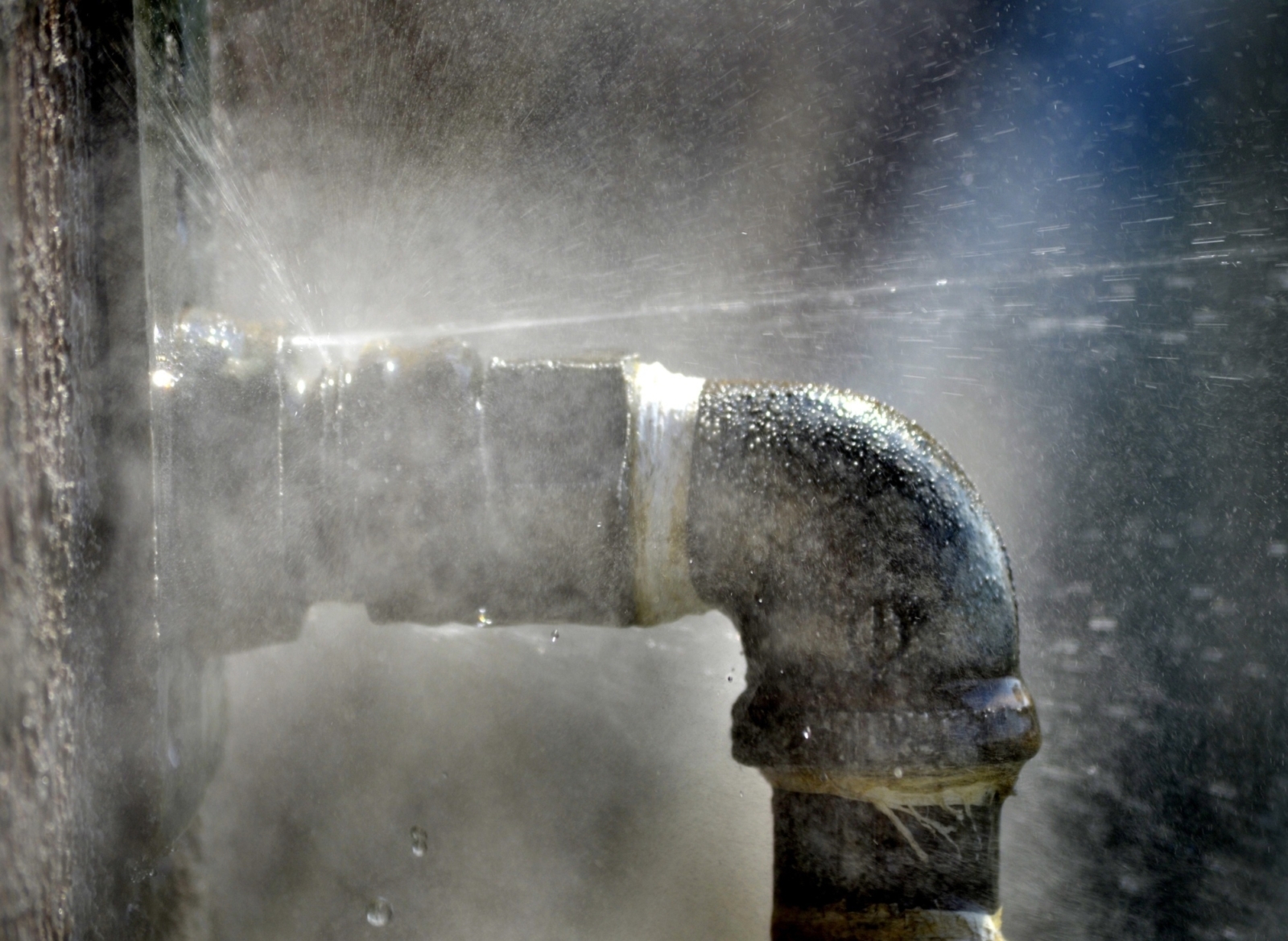Dealing with Frozen and Burst Water Pipes: What to Do and What Not to Do

Facing the risk of frozen and burst water pipes can be a homeowner's nightmare, potentially leading to extensive damage and complications. In this article, we'll guide you on immediate actions to take when confronted with this issue, preventive measures to avoid it, and what to avoid doing to ensure a safe and efficient resolution.
Immediate Actions:
1. Turn Off Water Supply: Locate the main shut-off valve and promptly turn off the water supply to prevent further damage.
2. Open Faucets: Relieve pressure by opening all faucets connected to the affected pipe to minimize the risk of additional bursts.
3. Thaw the Pipe: Safely apply gentle heat using a hairdryer, heat lamp, or hot water-soaked towels to the frozen section of the pipe. Never use an open flame to avoid accidents.
4. Inspect for Leaks: Check for visible signs of leakage as the pipe thaws, assessing the extent of damage to determine if repairs are necessary.
5. Shut Off Water Immediately: Turn off the main water supply as soon as a burst pipe is observed to prevent further damage.
6. Drain the Remaining Water: Open all cold water taps to drain remaining water from the pipes, relieving pressure and preventing further bursts.
7. Switch Off Electrical Appliances: If the leak is near electrical appliances, immediately turn off the electricity to prevent potential electrocution.
8. Call a Professional: If uncertain or facing extensive water damage, contact a licensed plumber for expert guidance and necessary repairs.
9. Clean Up Standing Water: Use towels, mops, or a wet/dry vacuum to remove standing water, ensuring the affected area is properly dried to prevent mold growth.
10. Document the Damage: Take pictures and document the damage for insurance purposes, expediting your claim and ensuring adequate compensation.
Preventive Measures:
1. Insulate Pipes: Proactively insulate exposed pipes, especially in unheated areas, to prevent freezing during cold weather.
2. Keep Your Heat On: Maintain a consistent temperature in your home, even when away, to prevent pipes from freezing.
3. Allow Faucets to Drip: During extremely cold temperatures, allow faucets to drip slightly to relieve pressure in the pipes.
What NOT to Do When Your Water Pipes Freeze:
1. Never Use Open Flames: Avoid attempting to thaw a frozen pipe using open flames, as it can cause damage, create fire hazards, or result in injury.
2. Don't Ignore the Issue: Promptly address a frozen pipe to prevent significant damage and avoid costly repairs.
3. Don't Use Excessive Force: Avoid using excessive force or sharp tools to chip away at the ice within the pipe, as it can worsen the situation.
4. Don't Turn Up the Heat Suddenly: Avoid sudden temperature changes, as they can stress the pipes and increase the risk of bursting.
Additional Tips to Prevent Pipe Freeze:
1. Seal Drafts: Seal any drafts near pipes to prevent cold air from entering your home, especially in unheated areas.
2. Use Heating Tape: For pipes prone to freezing, consider using heating tape to provide regulated warmth during severe cold.
3. Regular Maintenance: Inspect pipes regularly, fix leaks promptly, and conduct maintenance before winter to prevent freezing and bursting.
ALL-CLEAN-Your trusted experts 24 hours a day/365 days a year
Taking immediate and appropriate action when dealing with frozen and burst pipes is crucial. By following the right steps, avoiding common mistakes, and implementing preventive measures, you can mitigate damage and ensure the safety and functionality of your home's plumbing system.
Remember, acting promptly and taking preventive measures are key to dealing with frozen or burst pipes effectively. If you need assistance, contact us today for a certified property restoration professionals committed to delivering reliable and swift services.


